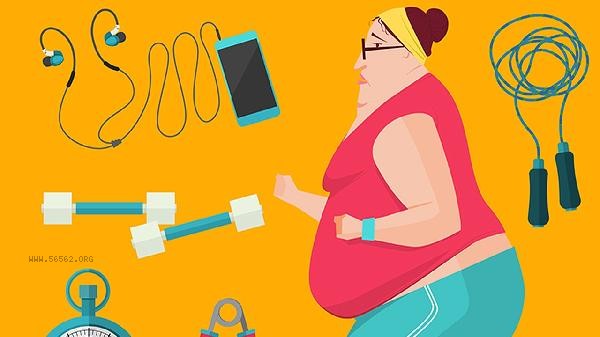Eating one pill of orlistat per day may help with weight loss, but it should be used under the guidance of a doctor. Orlistat is a gastrointestinal lipase inhibitor that works by reducing dietary fat absorption and is suitable for obese or overweight individuals with a body mass index greater than 24. During use, adverse reactions such as increased gastrointestinal exhaust and fat diarrhea may occur, and long-term use may affect the absorption of fat soluble vitamins. Orlistat, as an over-the-counter weight loss medication, requires a low calorie diet and exercise to achieve the desired effect. Medications inhibit the activity of lipase in the gastrointestinal tract, preventing about one-third of dietary fat from being broken down and absorbed. Unabsorbed fat is excreted with feces. Clinical studies have shown that regular medication combined with lifestyle interventions can lead to an average weight loss of 5% to 10% within one year. However, relying solely on medication without controlling diet can significantly reduce weight loss effects. Common side effects include oily spots and a sense of urgency during bowel movements, which usually subside with prolonged medication.

There are risks associated with using Orlistat in specific populations. Patients with chronic malabsorption syndrome and cholestasis should not use it, and it is not recommended for pregnant and lactating women and adolescents under 18 years old. If severe liver damage symptoms such as jaundice and darkened urine color occur during medication, the medication should be stopped immediately and medical attention sought. Long term users need to supplement with multivitamins daily, and it is recommended to take the supplement two hours before and after taking the medication. Patients with chronic diseases such as hypothyroidism and diabetes must evaluate drug interactions before taking drugs.

It is recommended to use orlistat as a short-term adjuvant therapy, combined with reducing daily intake of 500 calories and 150 minutes of moderate intensity exercise. Regularly monitor changes in weight and waist circumference, and if the weight loss is less than 5% after 12 weeks, consider adjusting the plan. Pay attention to changes in bowel habits and abnormal conditions such as skin bruising, and avoid using drugs such as cyclosporine and anticoagulants that may interact with each other at the same time. During the weight loss process, it is important to cultivate sustainable eating habits, gradually reduce dependence on medication, and prevent weight rebound after discontinuing medication.










Comments (0)
Leave a Comment
No comments yet
Be the first to share your thoughts!